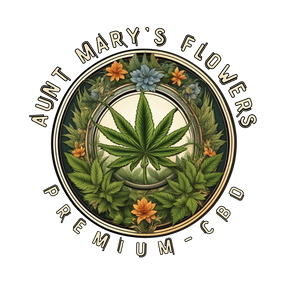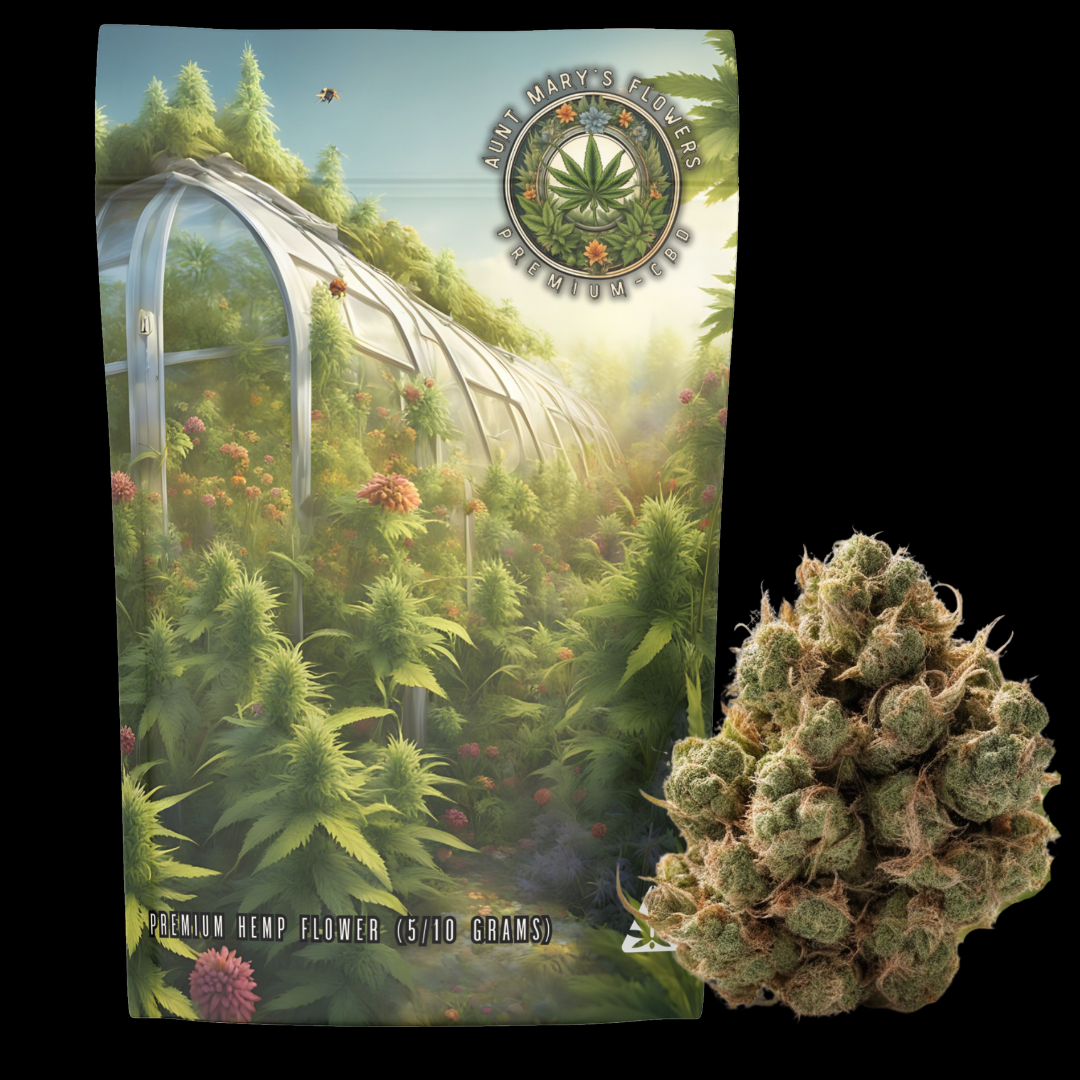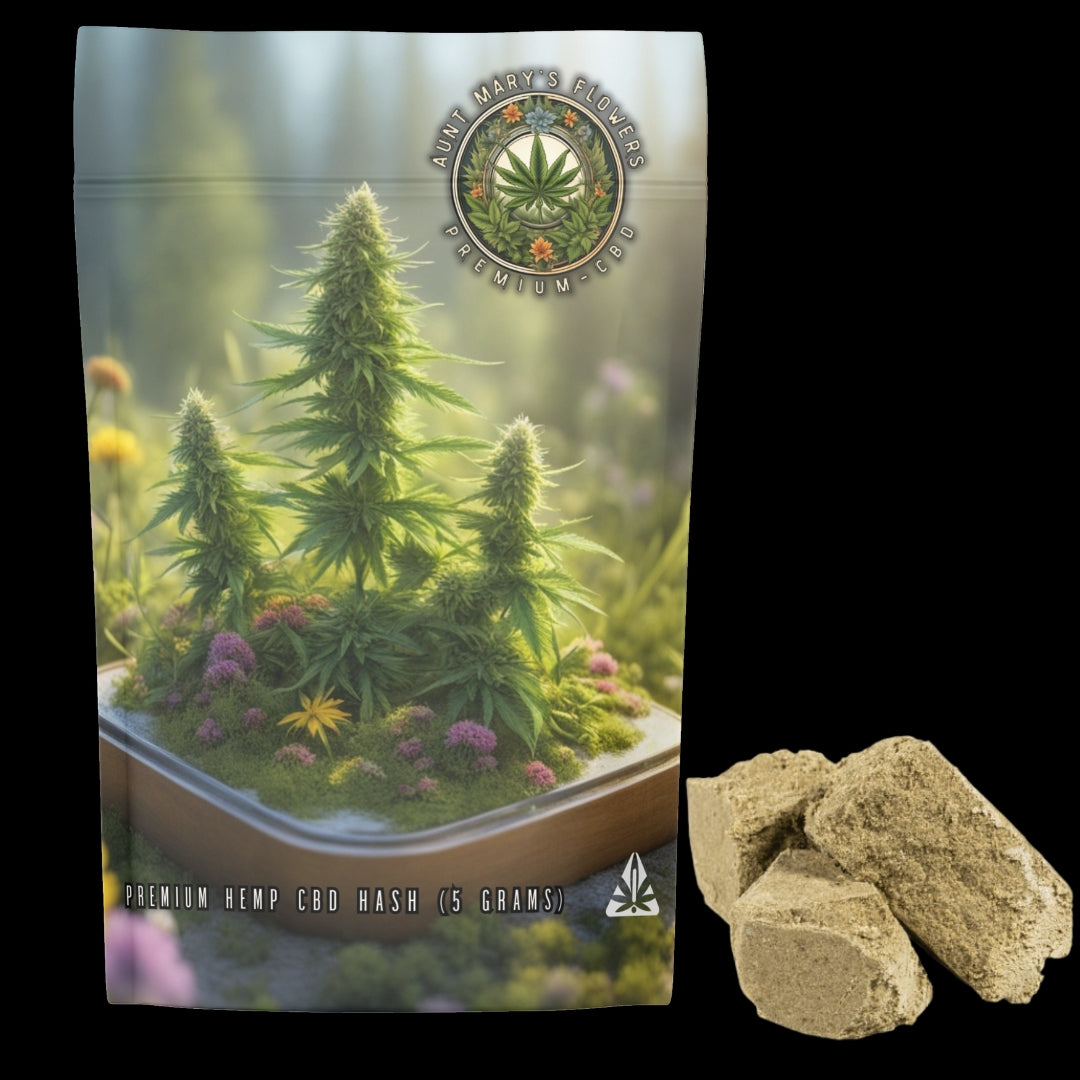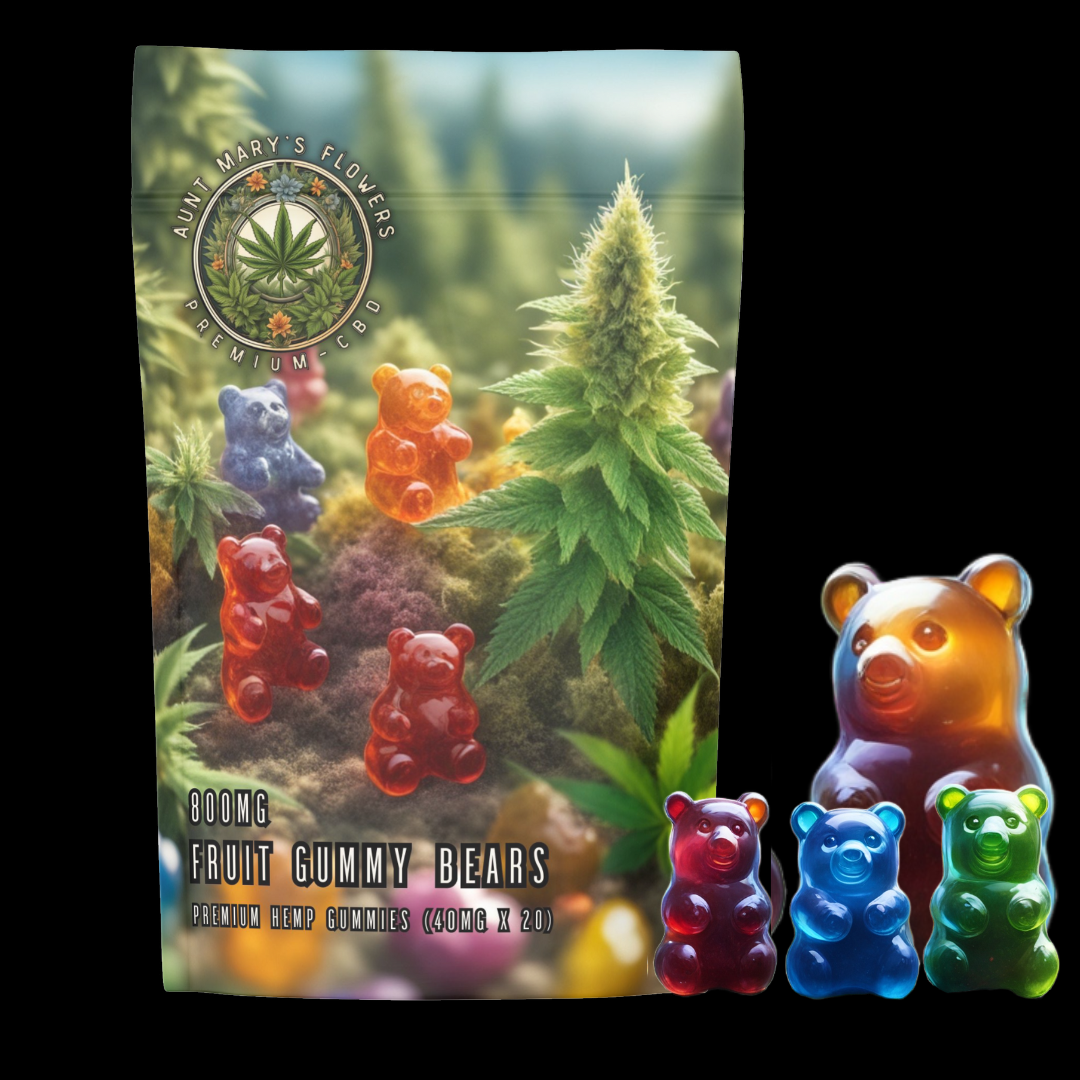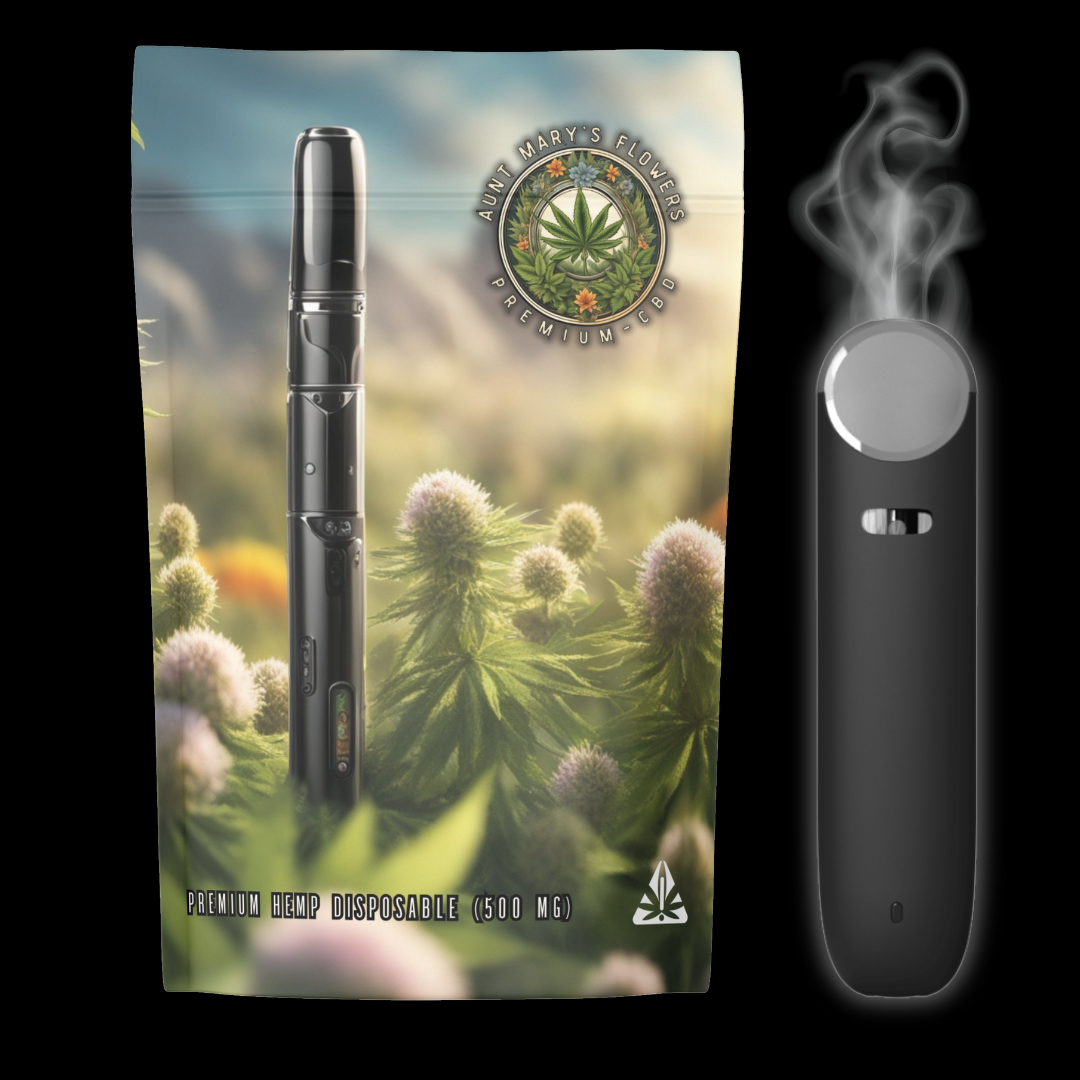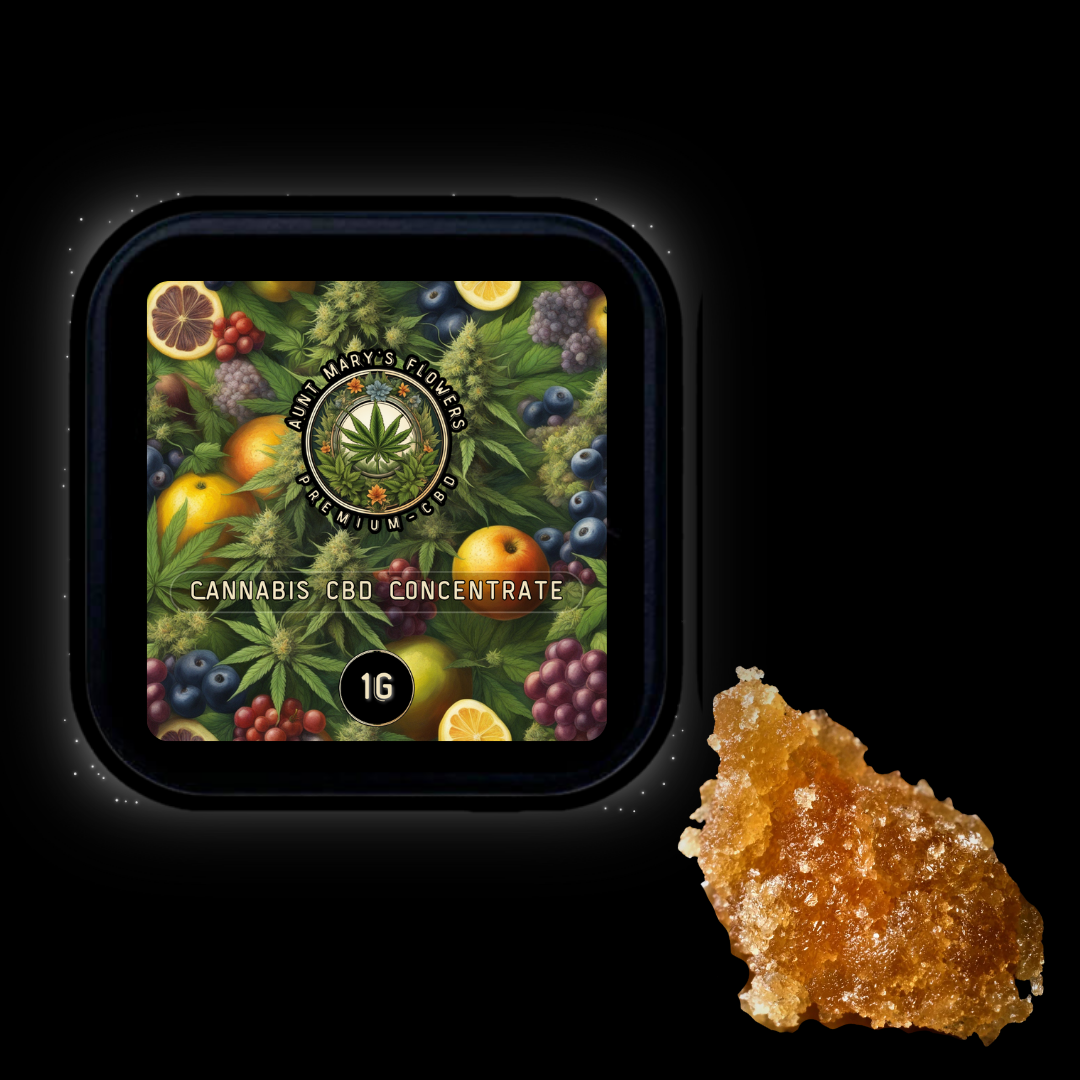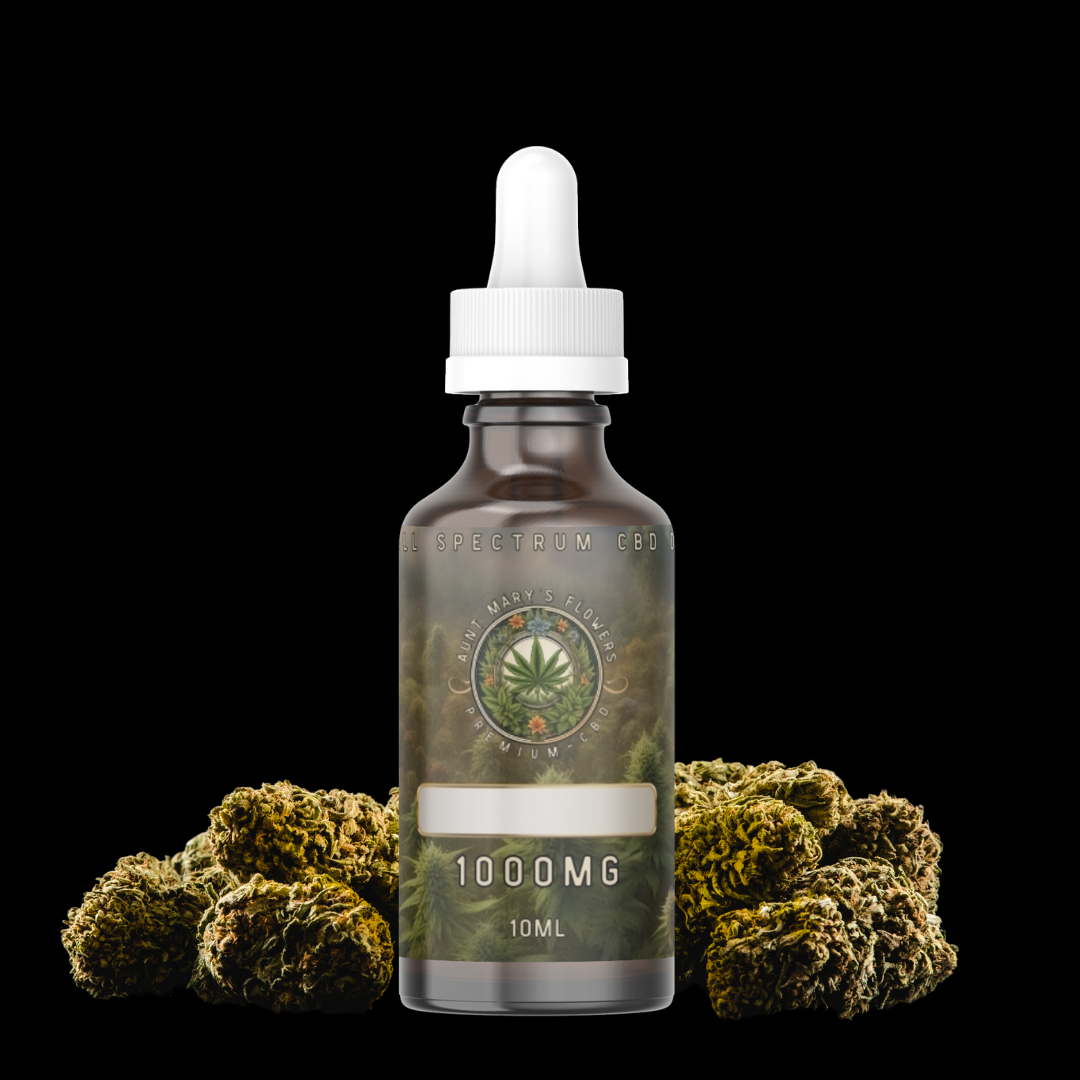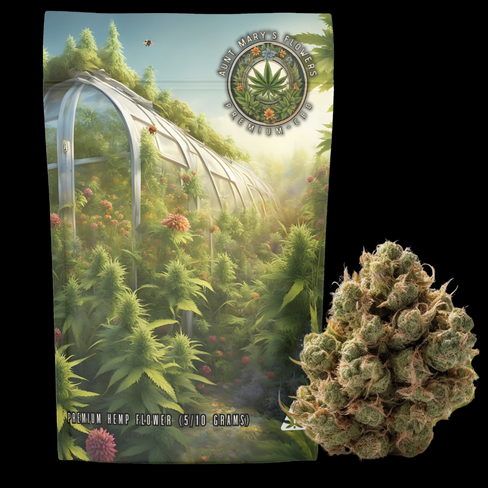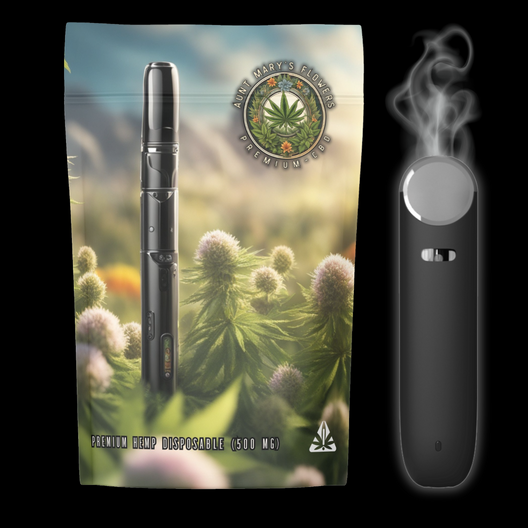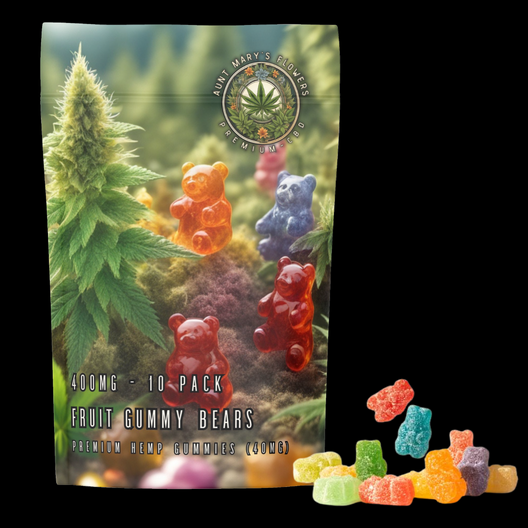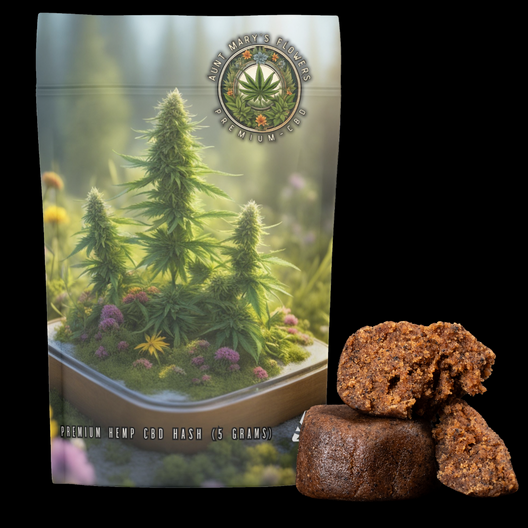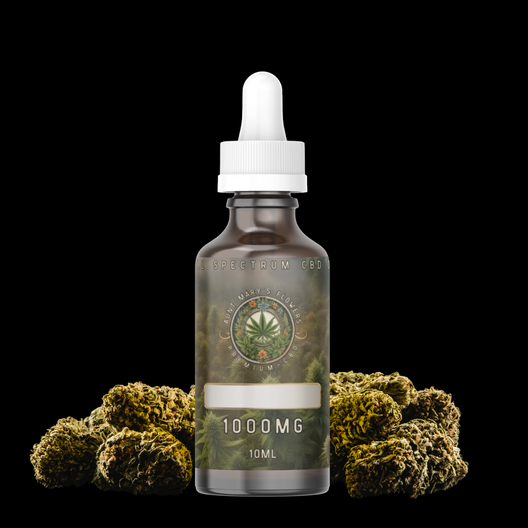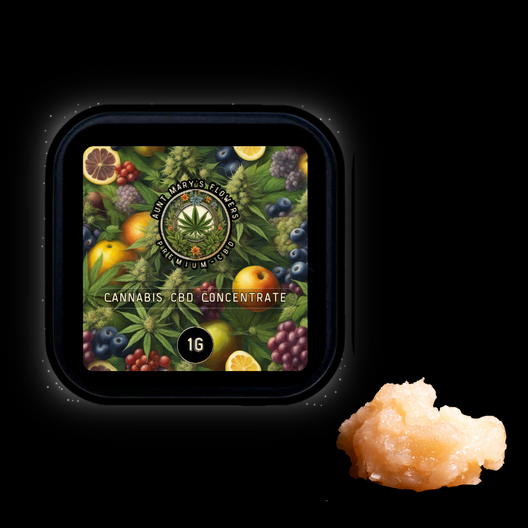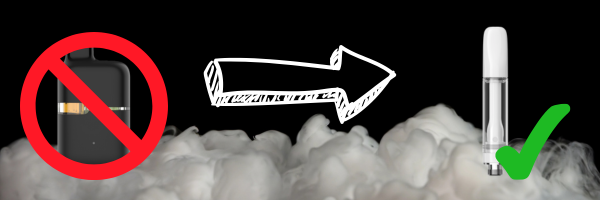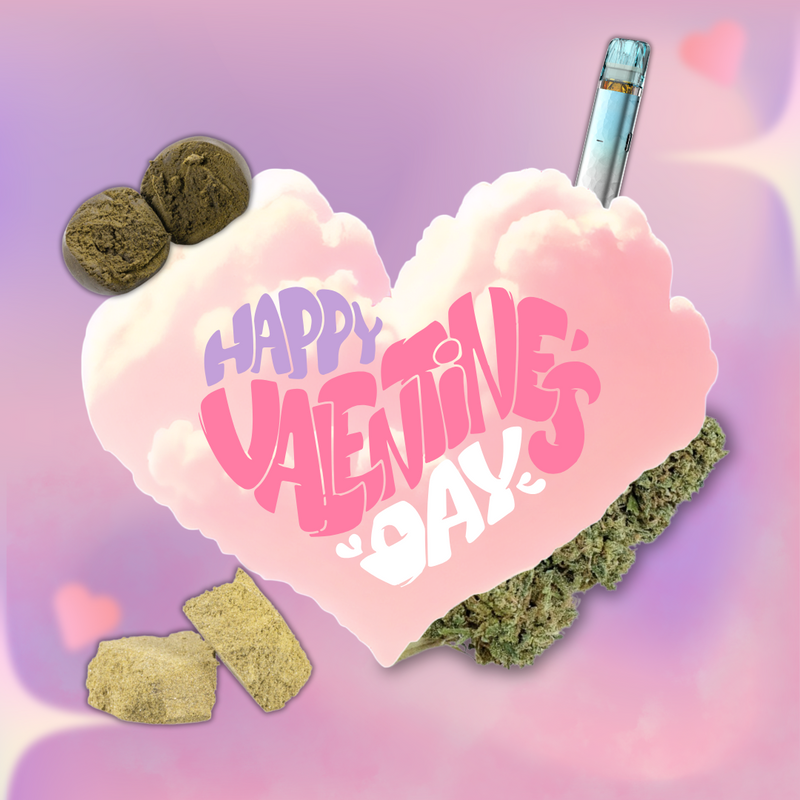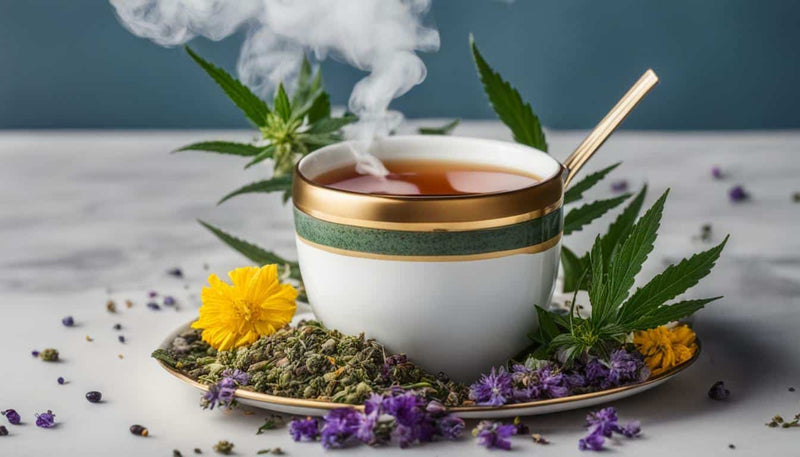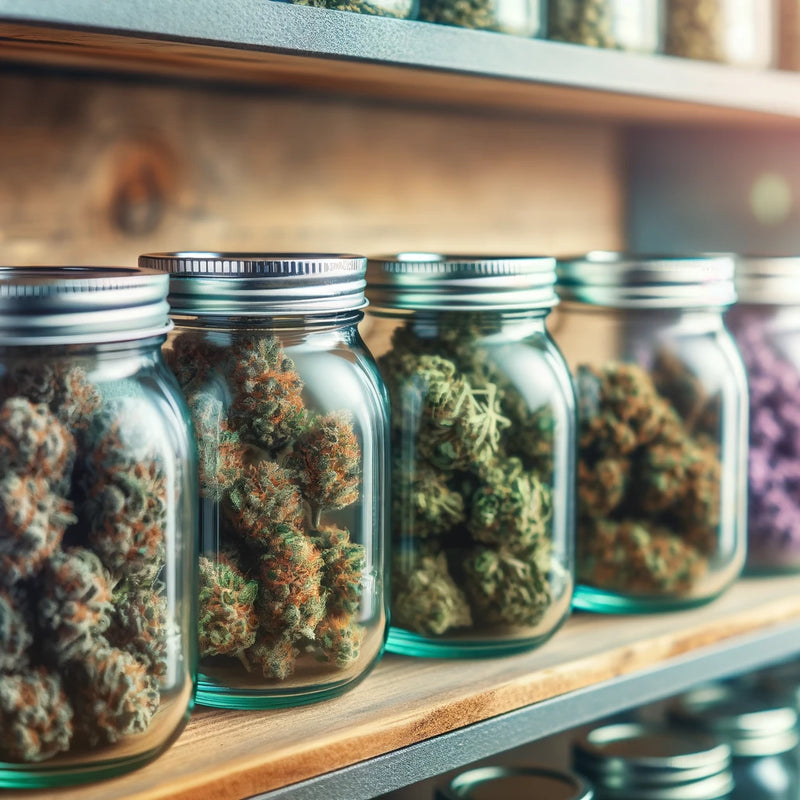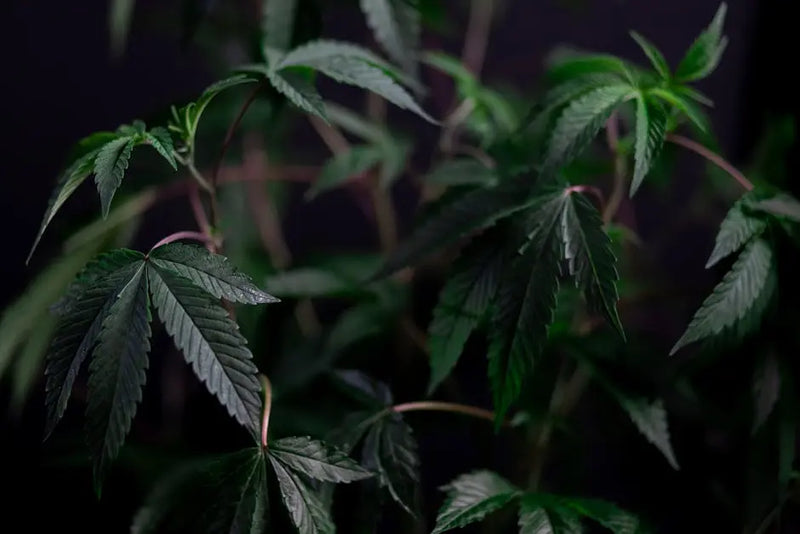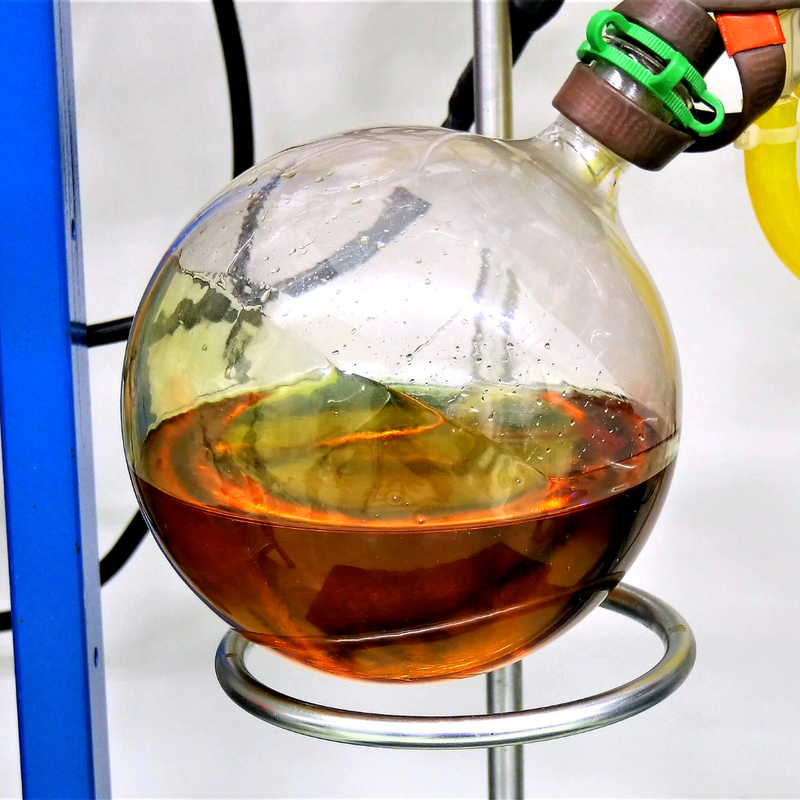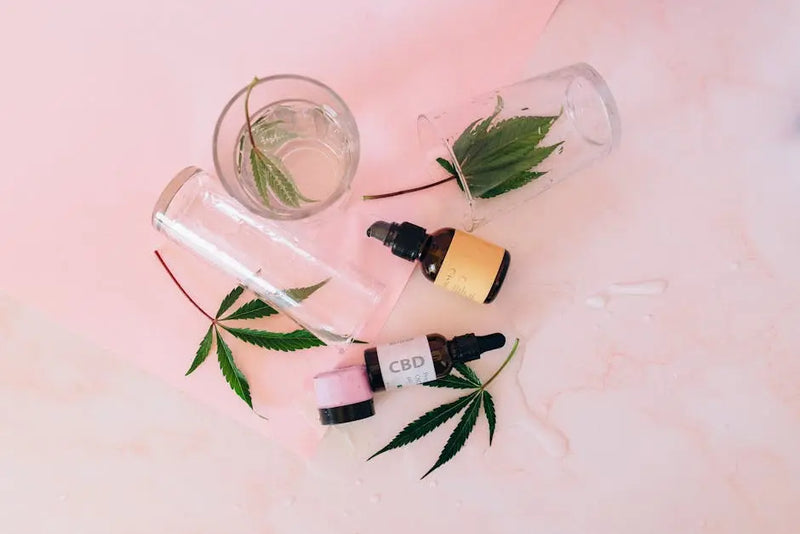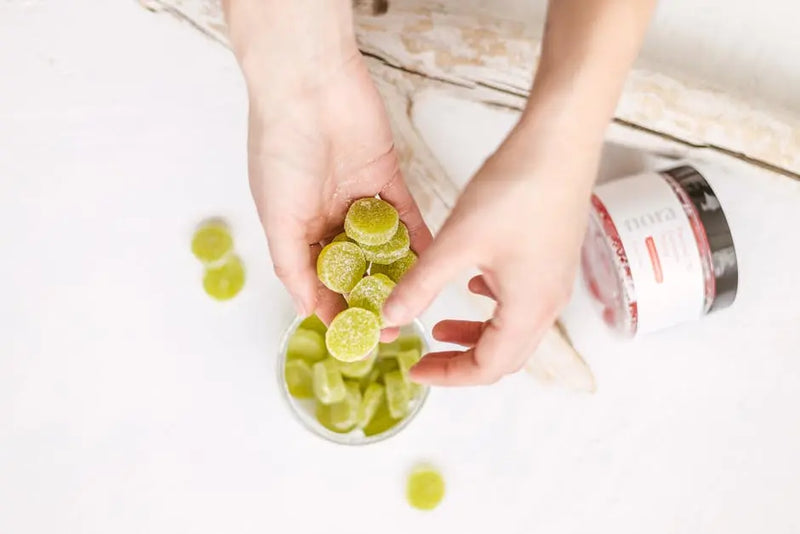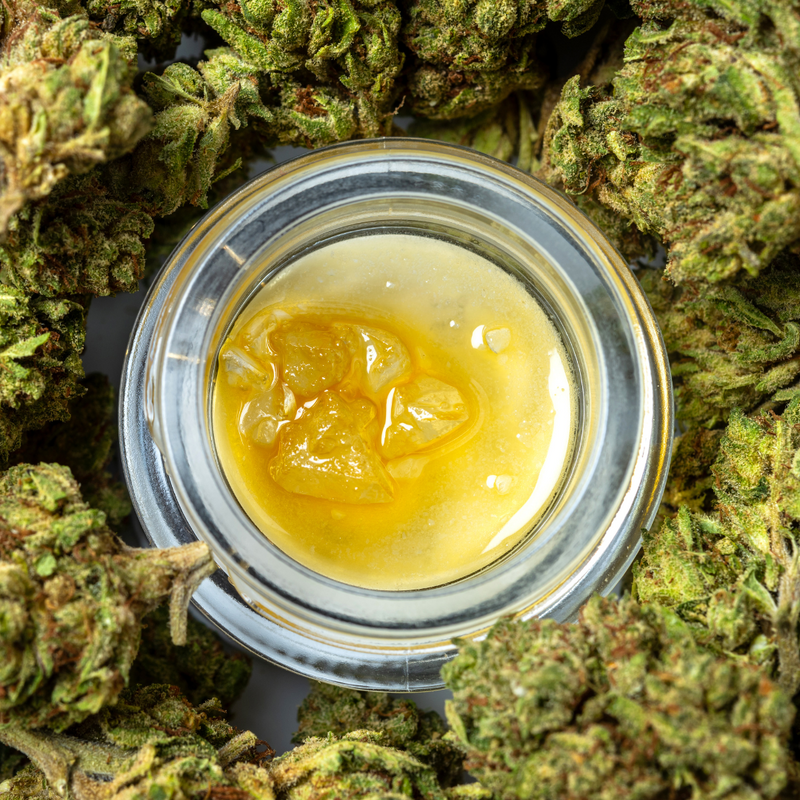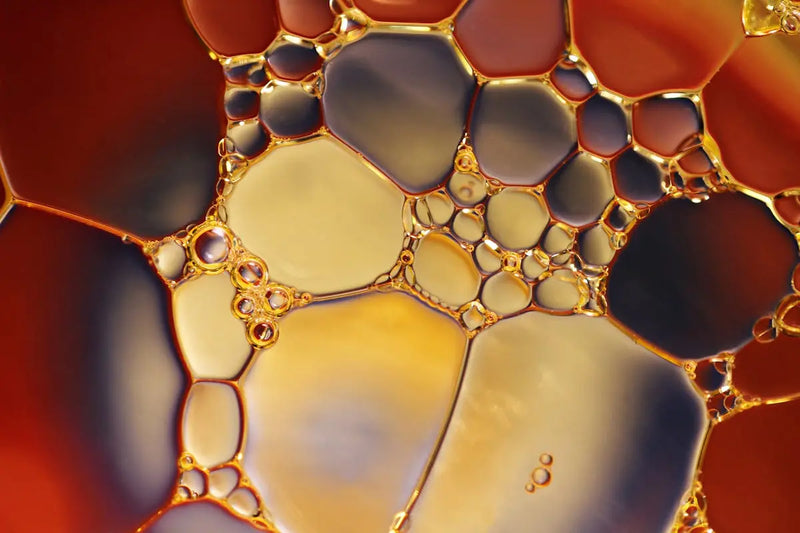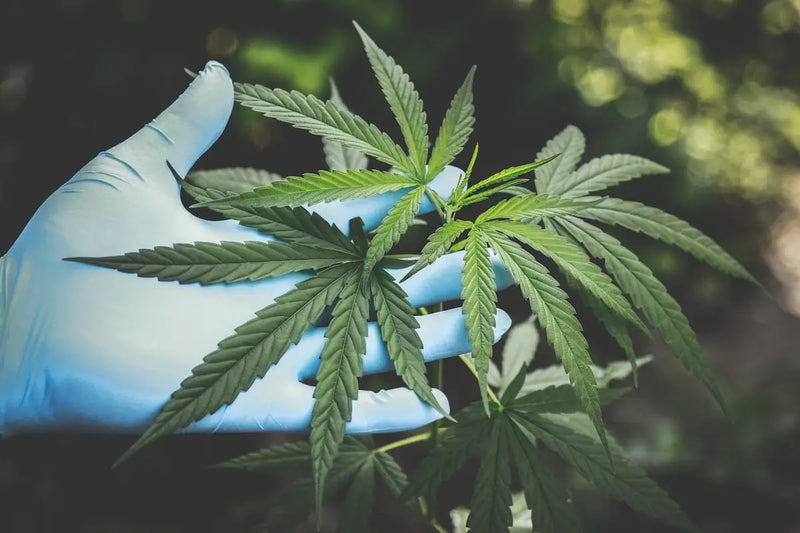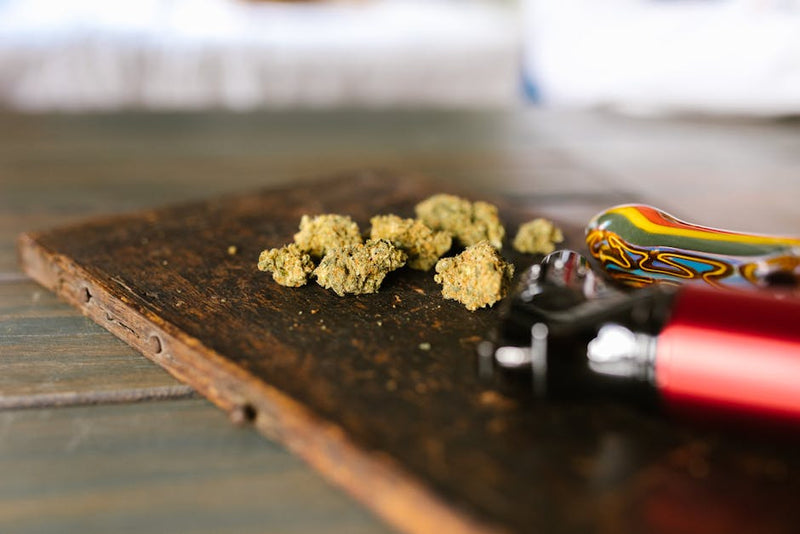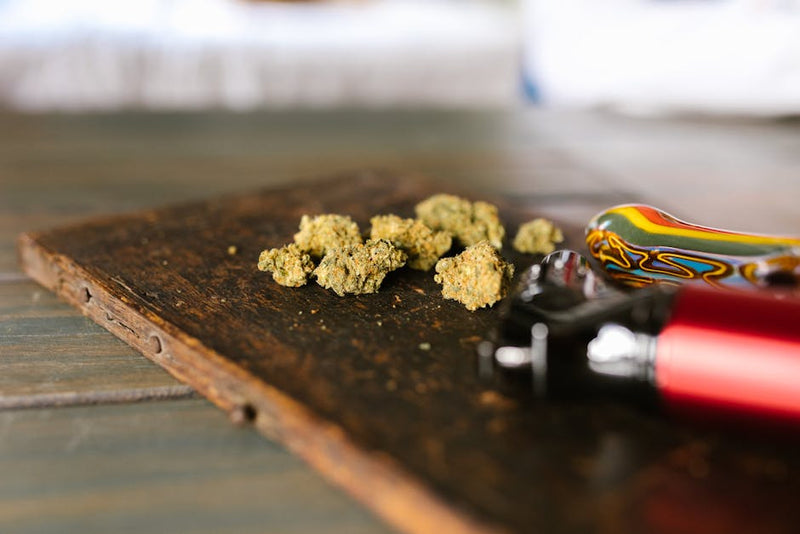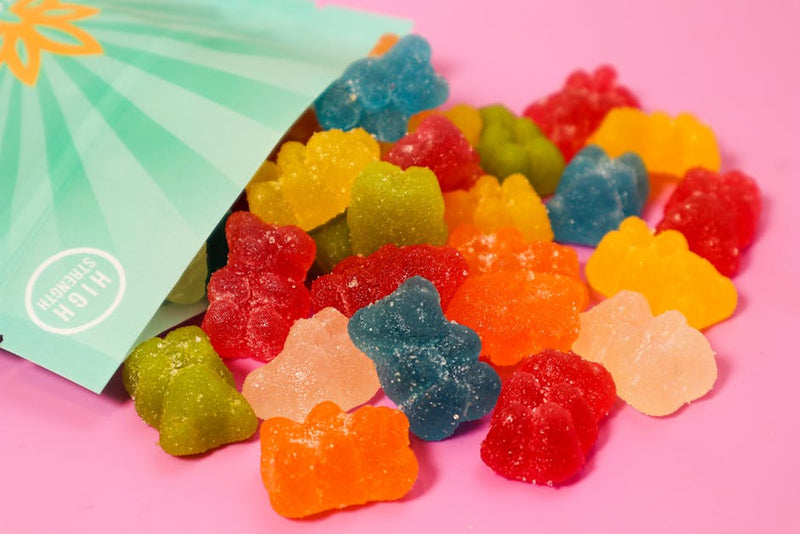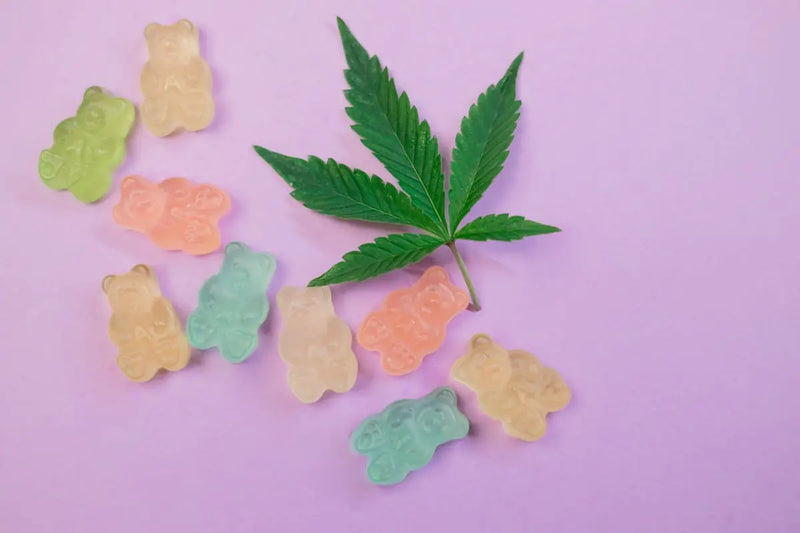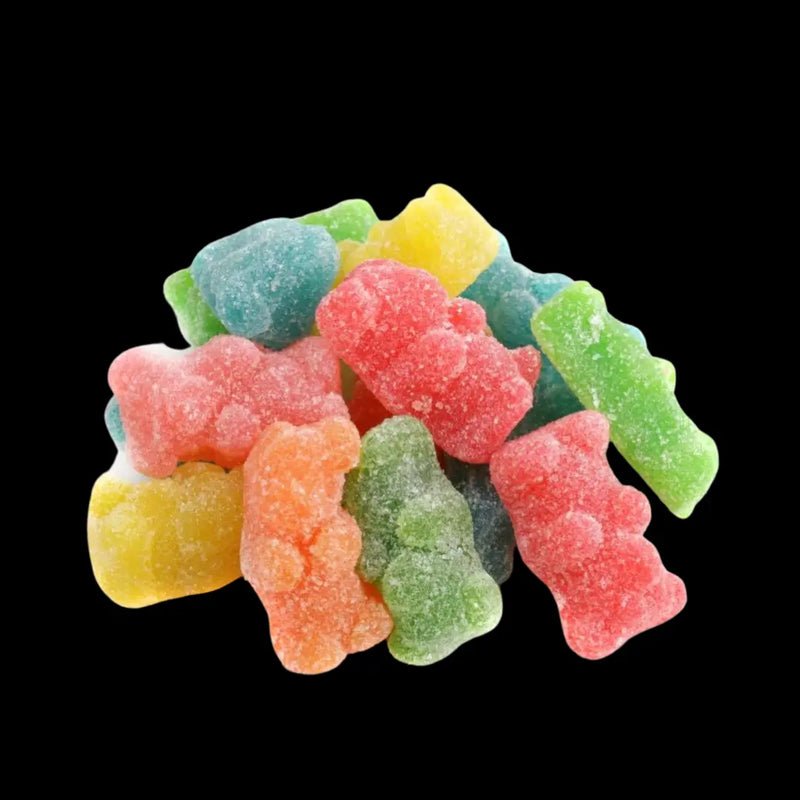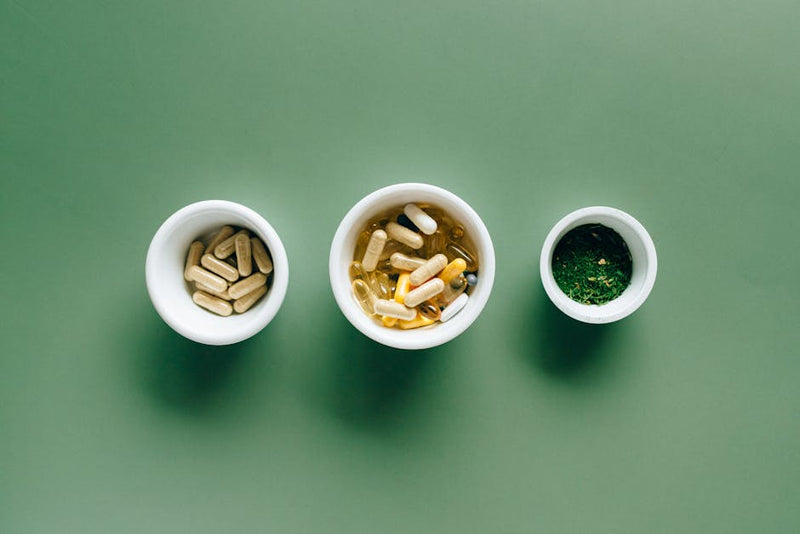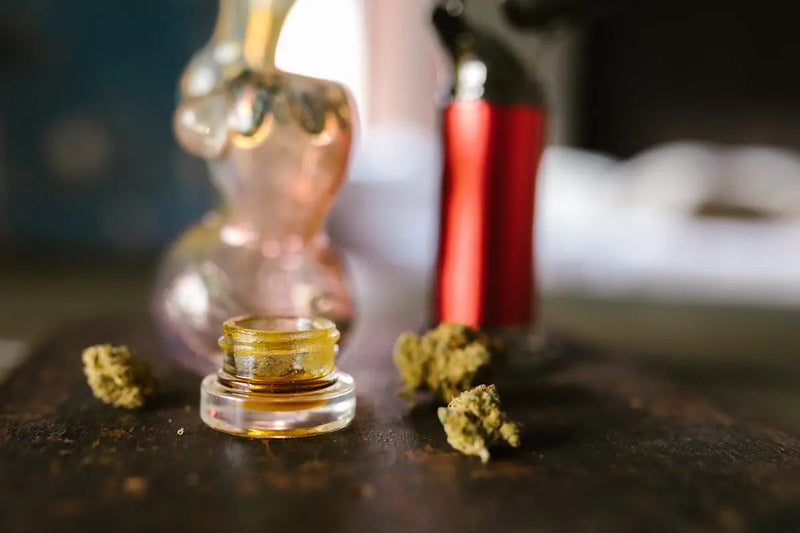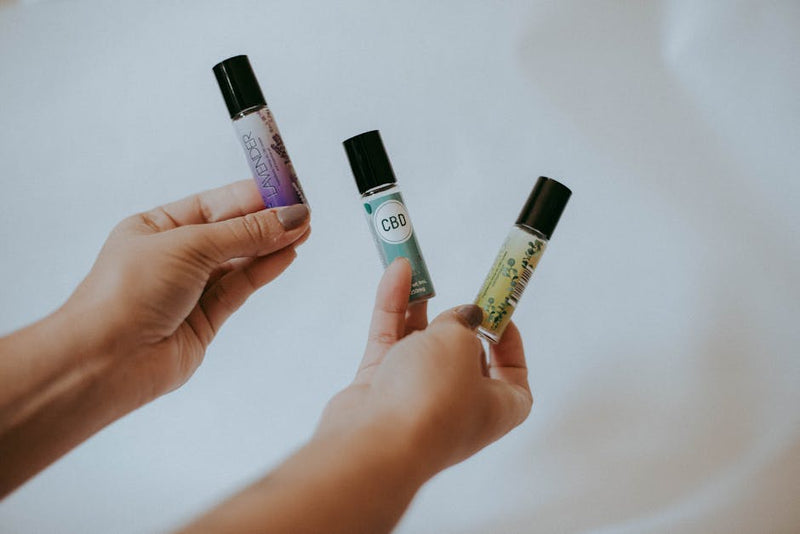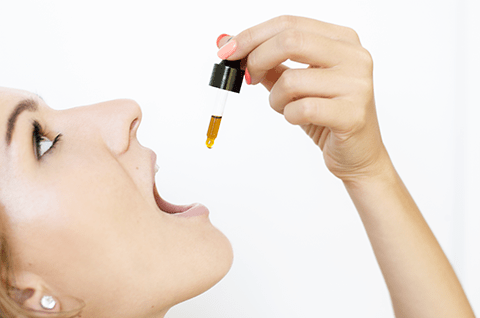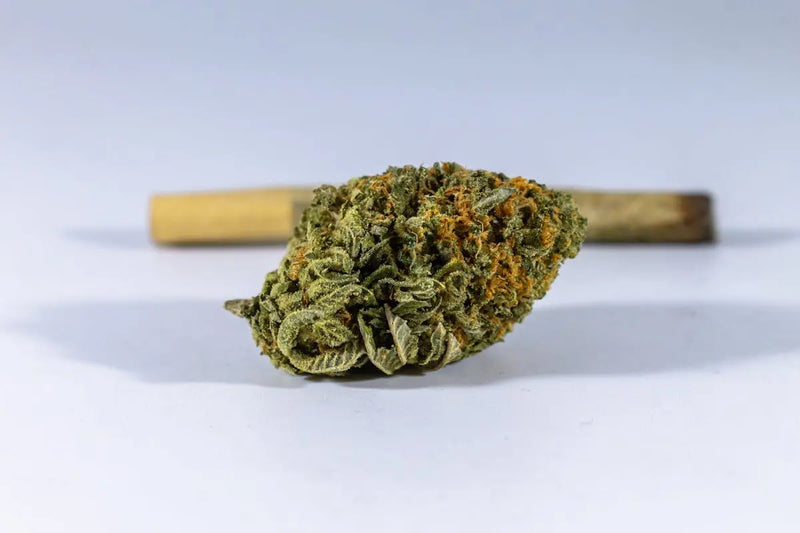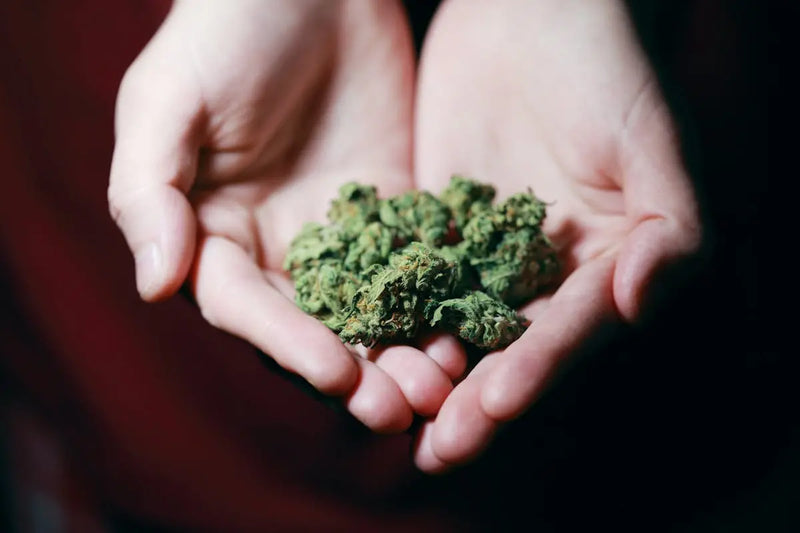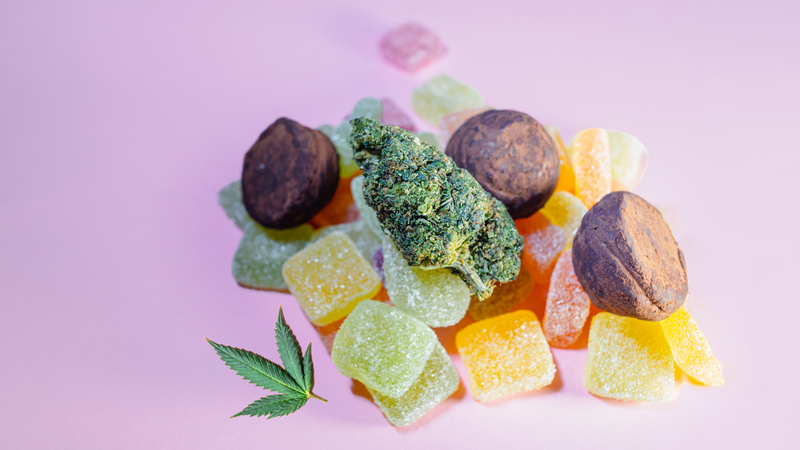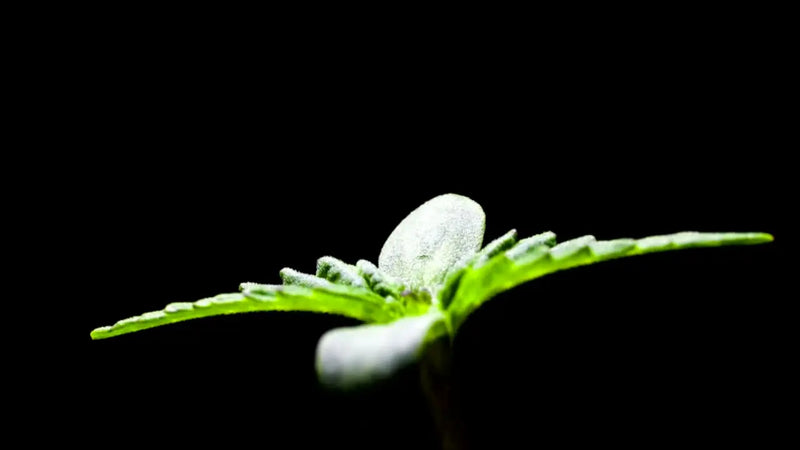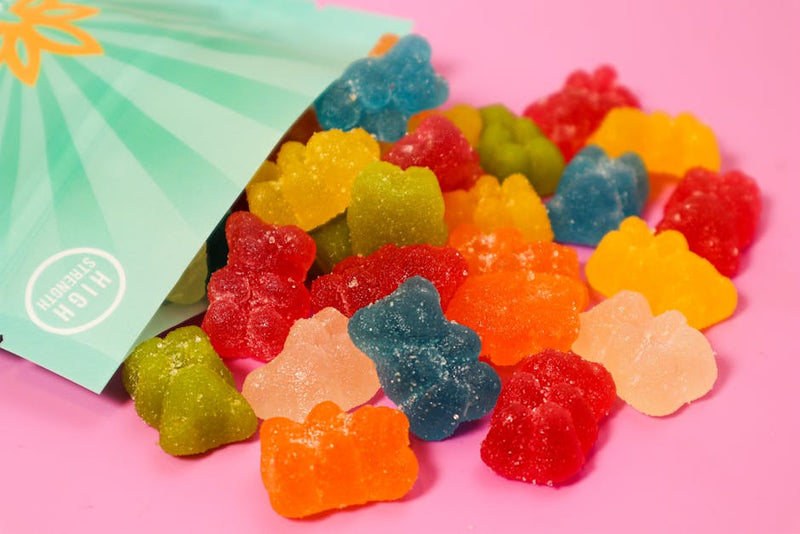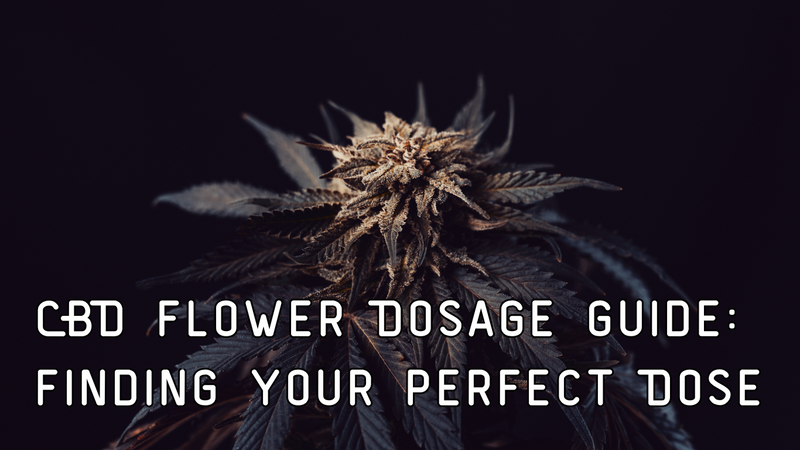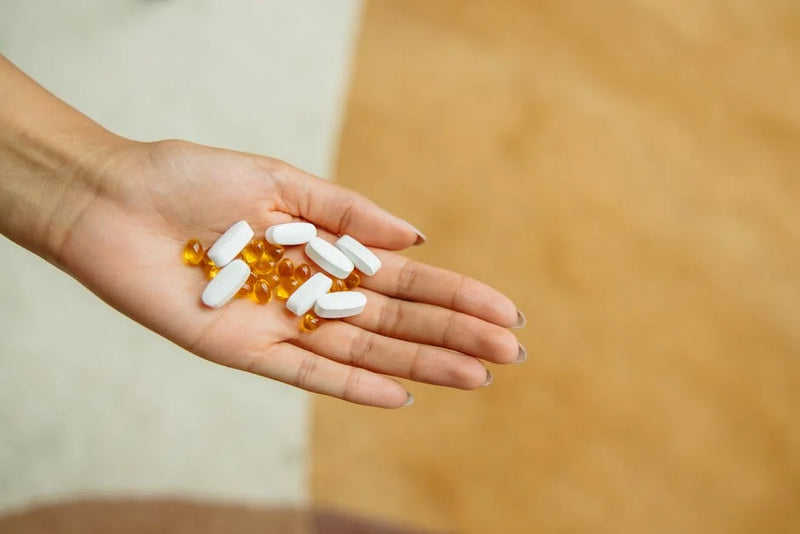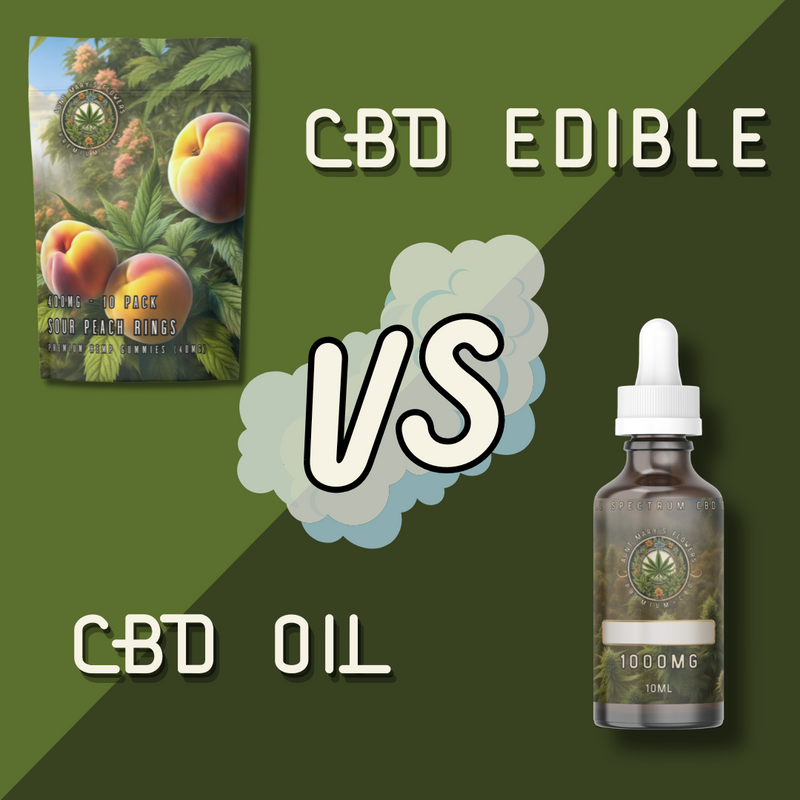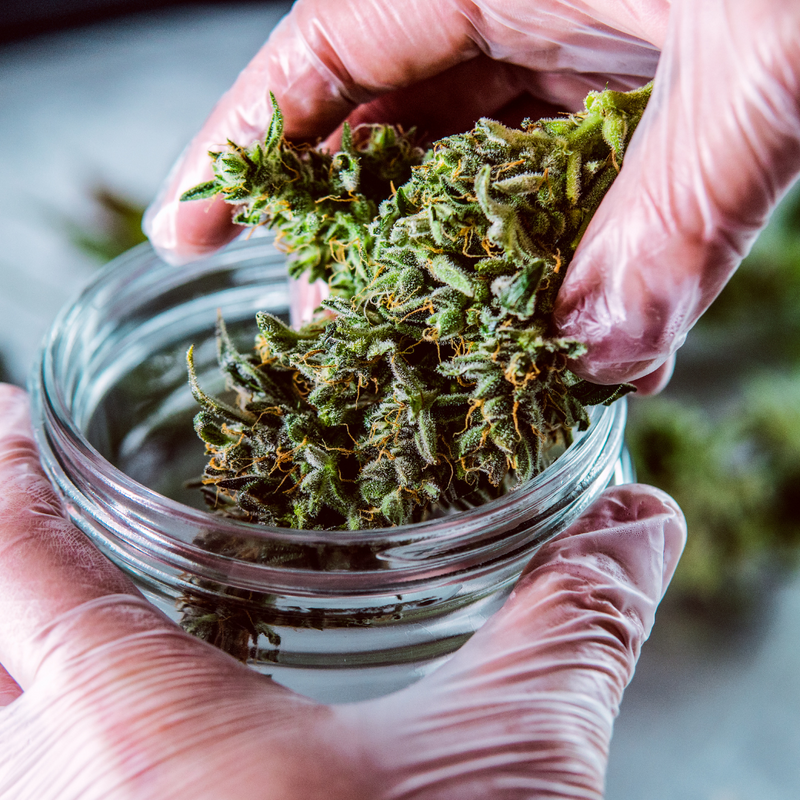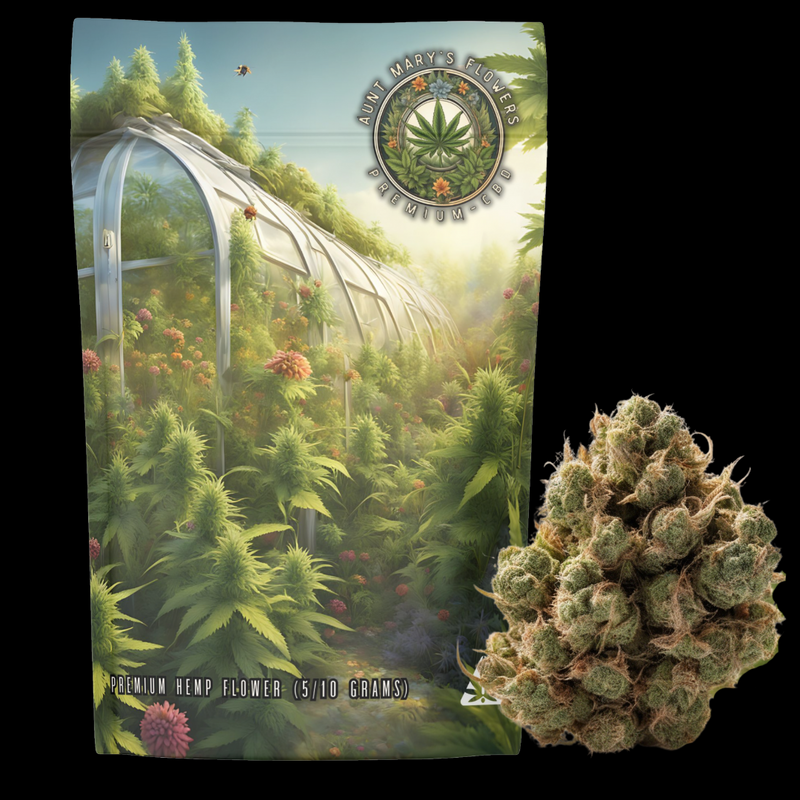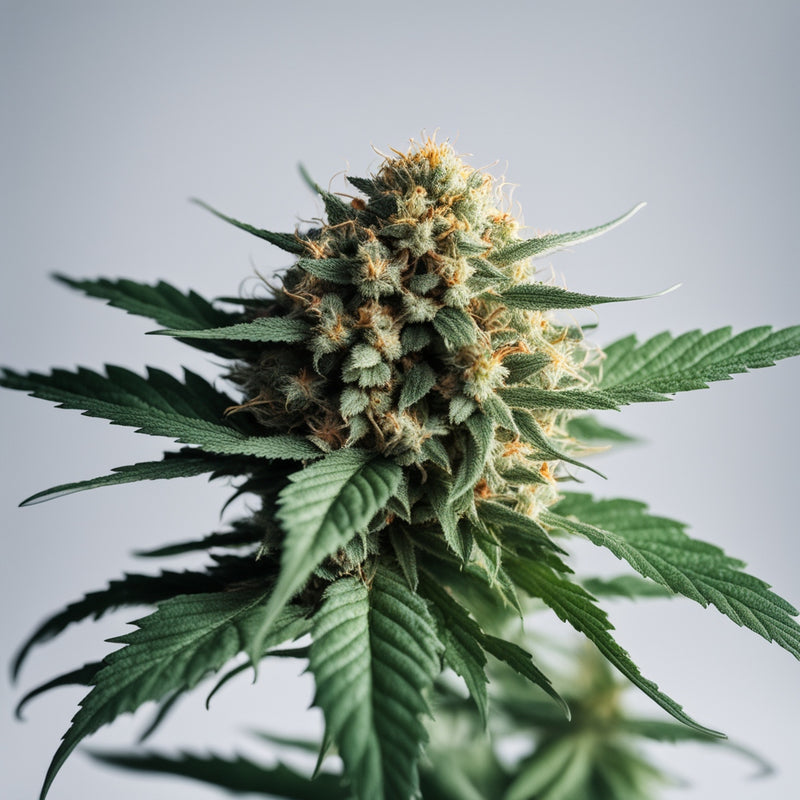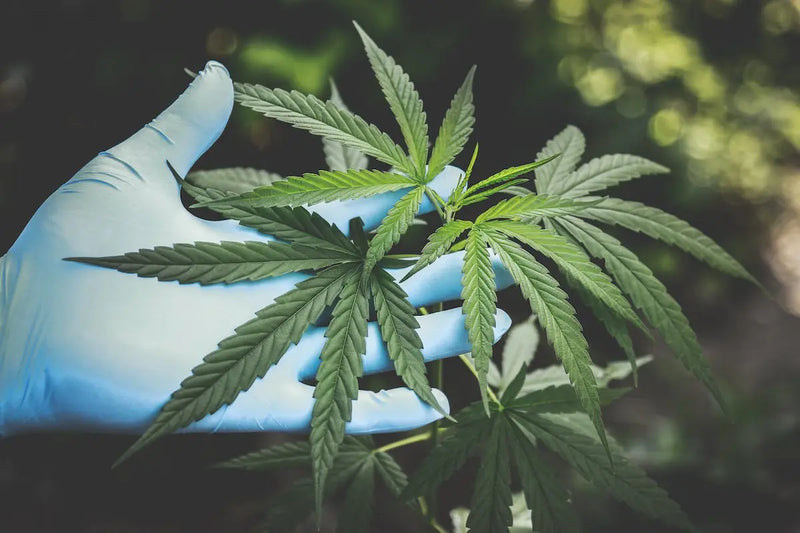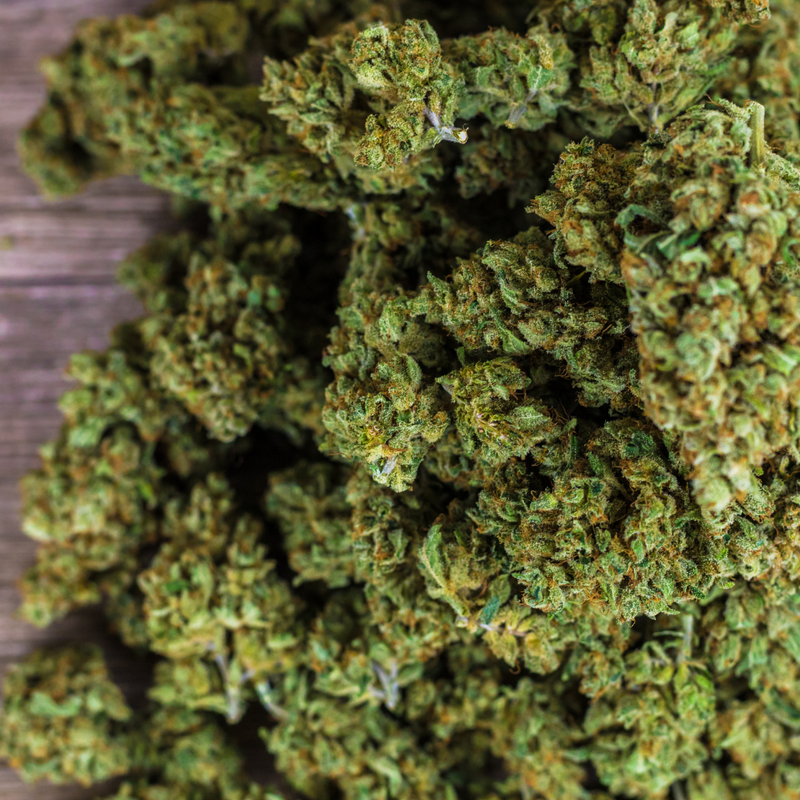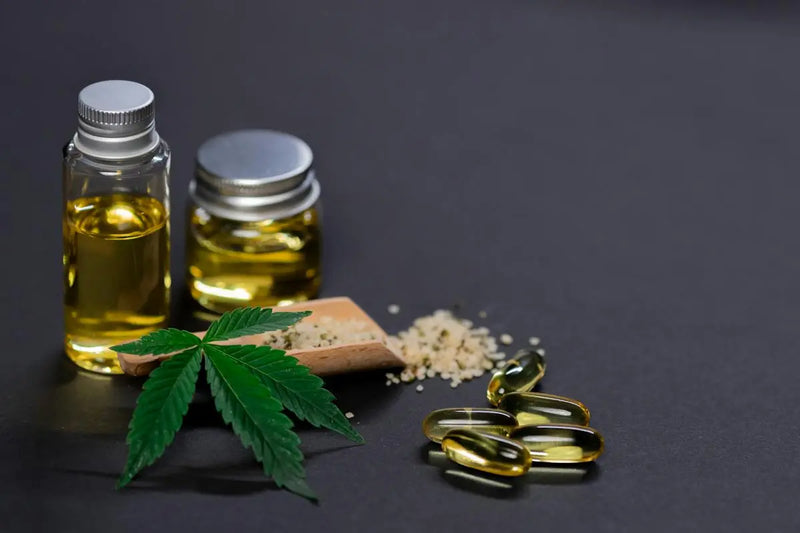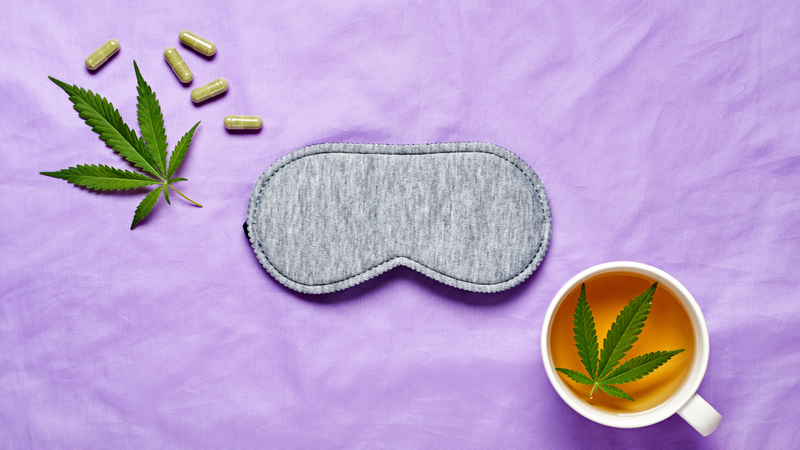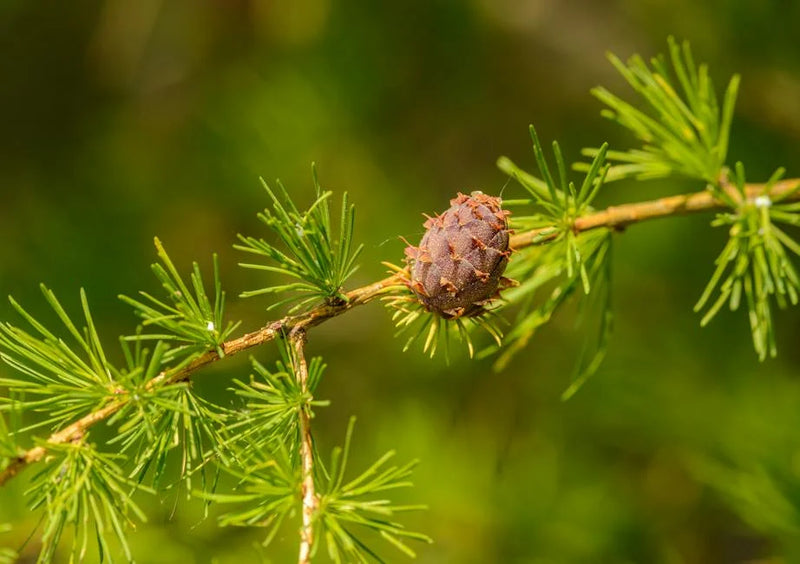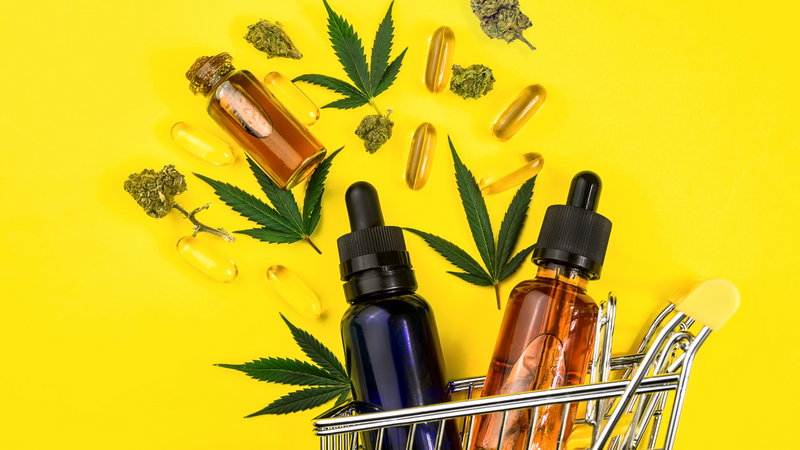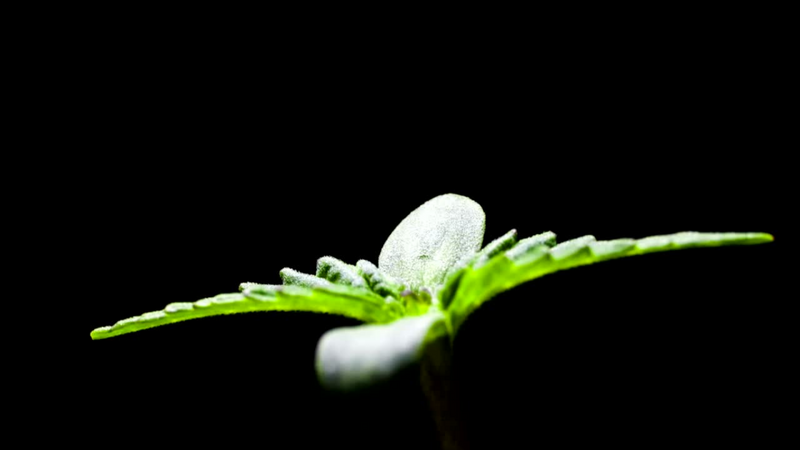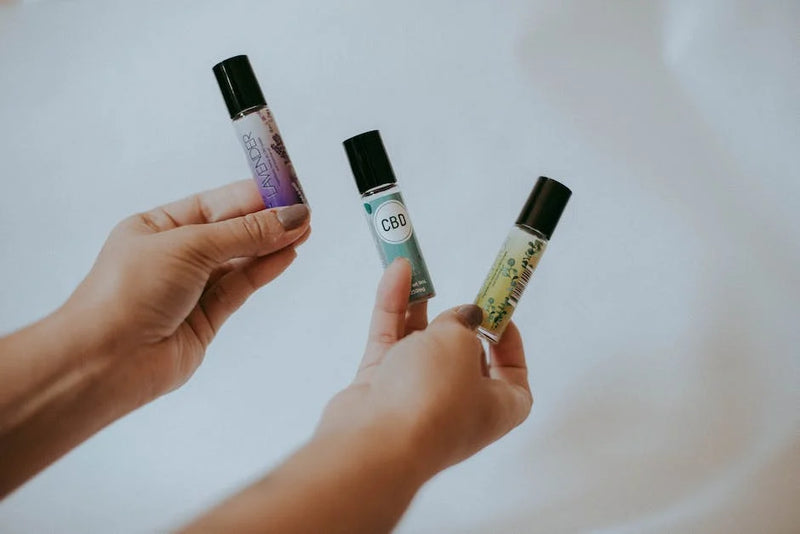CBD hemp flower has gained significant popularity in the UK as a natural wellness product. However, its legality may raise questions for some. In this article, we delve into the legal framework surrounding CBD hemp flower in the UK and why it is considered a legal product.
Understanding the Legal Definition:
The foundation of CBD hemp flower's legality lies in the legal definition of hemp itself. In the UK, hemp is defined as cannabis with a THC content of 0.2% or less. THC is the psychoactive compound found in marijuana that produces the "high" effect. CBD hemp flower, containing high levels of CBD and minimal THC, is non-intoxicating and falls within this legal definition.
Exemption from the Misuse of Drugs Act:
CBD hemp flower is not classified as a controlled substance under the Misuse of Drugs Act 1971. This act governs controlled substances and their regulations. Since CBD hemp flower contains negligible amounts of THC, it is not considered a controlled drug under this legislation. This distinction sets it apart from marijuana, which is still classified as a controlled drug.
THC-A is non-psychoactive, meaning it does not produce the intoxicating effects typically associated with THC. THC-A is present in raw cannabis plants in its acidic form before it undergoes decarboxylation, a process that converts it into THC. In its acidic form, THC-A is not regulated as a controlled substance under the Misuse of Drugs Act 1971 in the UK. Since it does not possess psychoactive properties, it is not considered a controlled drug.
Regulation by the Food Standards Agency (FSA):
In the UK, the FSA oversees the safety and regulation of food products, including CBD. In February 2020, the FSA declared that CBD extracts and isolates are classified as novel foods, requiring authorization. However, CBD hemp flower, in its natural form, was not included in this classification as it is considered a traditional food product. This means CBD hemp flower does not require novel food authorisation to be sold legally.
Compliance with THC Limits:
To remain legal, CBD hemp flower must contain 0.2% THC or less. This limit ensures that the product remains non-intoxicating and falls within the legal definition of hemp. It is crucial for businesses and consumers to source CBD hemp flower from reputable suppliers who can provide lab test results to verify the THC content falls within the legal limits.
Retail Rules & Regulations:
While CBD hemp flower is legal, retailers must adhere to regulations set by the FSA. These regulations include proper labelling, accurate product information, and compliance with food safety standards. Retailers should source CBD hemp flower from reputable suppliers who meet these requirements to ensure compliance with retail regulations.
In Summary:
Hemp flower legality in the UK is governed by various regulations and legislation that outline its classification, cultivation, and usage. One of the key regulations relevant to this topic is Regulation (EC) 258/97, which establishes the common rules for novel foods in the European Union (EU). However, it's important to note that hemp flower is not considered a novel food and is subject to different regulations.
-
Definition of Hemp: In the UK, hemp is classified as a strain of Cannabis sativa with a THC (tetrahydrocannabinol) content not exceeding 0.2%. THC is the psychoactive compound responsible for the "high" associated with marijuana. Hemp has low THC levels and higher concentrations of cannabidiol (CBD), which does not produce psychoactive effects.
-
The Misuse of Drugs Act 1971: Under this act, cannabis, including marijuana with higher THC content, is considered a controlled substance and illegal to possess, cultivate, or distribute. However, an exception is made for industrial hemp that meets specific criteria, including the THC limit of 0.2%. This act sets the foundation for distinguishing between illegal cannabis and legal hemp.
-
Regulation (EC) 258/97: This regulation pertains to novel foods within the EU. Novel foods are defined as food products that were not commonly consumed in significant amounts within the EU before May 1997. Hemp flower, as a plant-based product, does not fall under the category of a novel food since hemp has been consumed historically, and its derived products, such as hemp seeds and oil, were available in the EU before May 1997.
-
The Food Standards Agency (FSA): The FSA is the UK's independent food safety regulator, responsible for ensuring the safety of food products. The FSA has provided guidance on the use of CBD in food products and considers CBD extracts derived from hemp (containing less than 0.2% THC) as a novel food. However, the FSA has recognized that CBD flower, which includes hemp flower, is not a novel food and is instead regulated as a traditional food product.
-
Traditional Food Status: Hemp flower, as a traditional food, is subject to the general food safety regulations applicable to all food products in the UK. This means that it must adhere to standards related to labelling, hygiene, additives, contaminants, and allergens, among other requirements. Hemp flower is allowed for sale and consumption as long as it meets these regulations.
To summarize, hemp flower is legal in the UK because it falls under the legal definition of hemp, which has a THC content of 0.2% or less. It is not considered a novel food according to Regulation (EC) 258/97 since hemp has a history of consumption. The FSA regulates CBD extracts from hemp as novel foods but recognizes that hemp flower is not a novel food and is instead subject to general food safety regulations. Compliance with these regulations ensures the legality of hemp flower in the UK.
To access specific references or official statements from these organizations regarding hemp flower, I recommend visiting their respective websites or conducting a search using reliable sources. The EIHA's website (https://eiha.org/) and the FSA's website (https://www.food.gov.uk/) would be good places to start your research.
